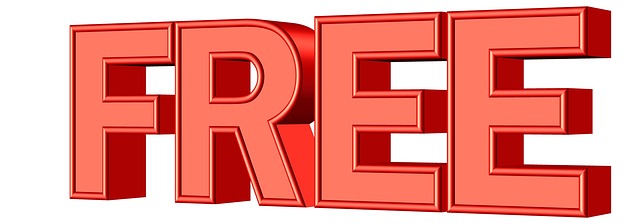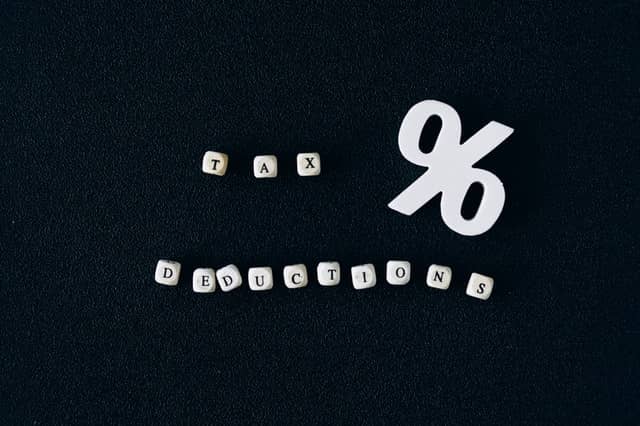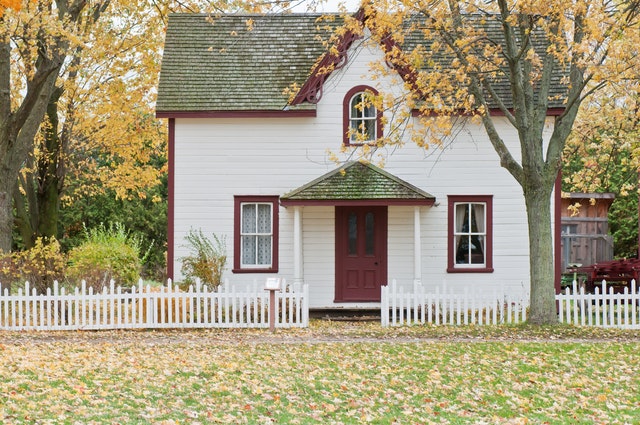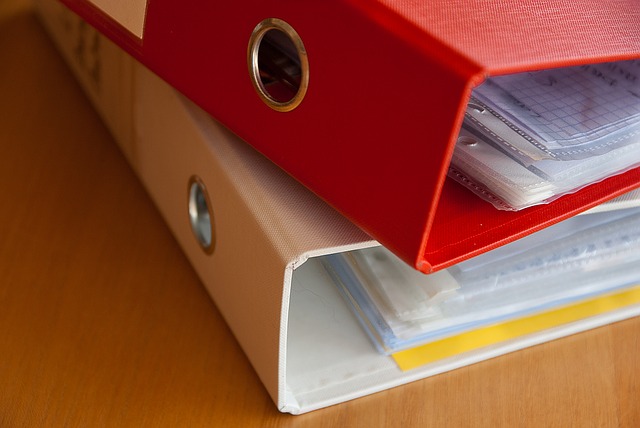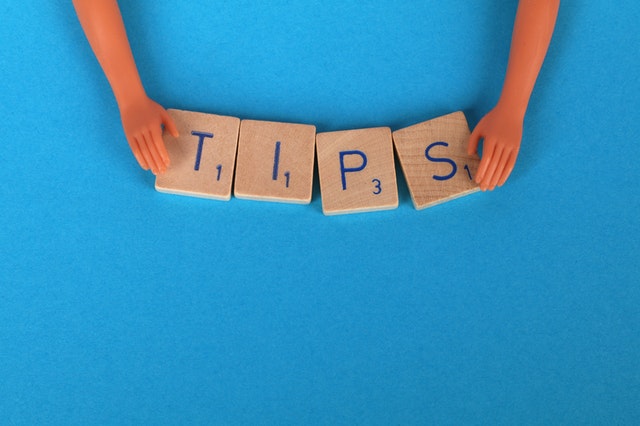
Landlords are in the business of providing housing. Their customers are tenants, and landlords should not ignore the popular motto, “the customer is always right.” Maintaining a strong relationship with tenants is advantageous for the landlord. A landlord’s ideal tenant is one that pays rent on time and takes care of the rental property. When a landlord has such a tenant, then their goal should be to reduce the chance of tenant turnover. Finding a new tenant is a time consuming task. Time is money. Making the tenant experience friendly can lead to a positive and long lasting relationship. Here are a few easy landlord tips for a strong tenant relationship.
Listen
There will be times when tenants make requests. Before immediately saying “no”, landlords who first listen may earn the respect of tenants. For example, tenants may want to paint rooms a different color. The cost of paint or hiring a company to paint can be relatively minor when landlords can enjoy the long term benefit of a satisfied tenant. Landlords who use accounting software like RentalIncomeExpense.com can easily track an expense like paint. And landlords who offer to cover the cost of painting rooms will score even higher with tenants!
Communicate
Something as simple as calling or emailing tenants to see how they are doing can have a meaningful impact on tenants. It can show the landlord cares. At the same time, landlords who respond promptly to tenant issues or concerns convey the importance of the landlord tenant relationship. No one likes to be ignored. As in most relationships, helping each other out and feeling heard are important qualities. The landlord tenant relationship is no exception and simple tips for a strong tenant relationship with listening and communicating can go a long way.

